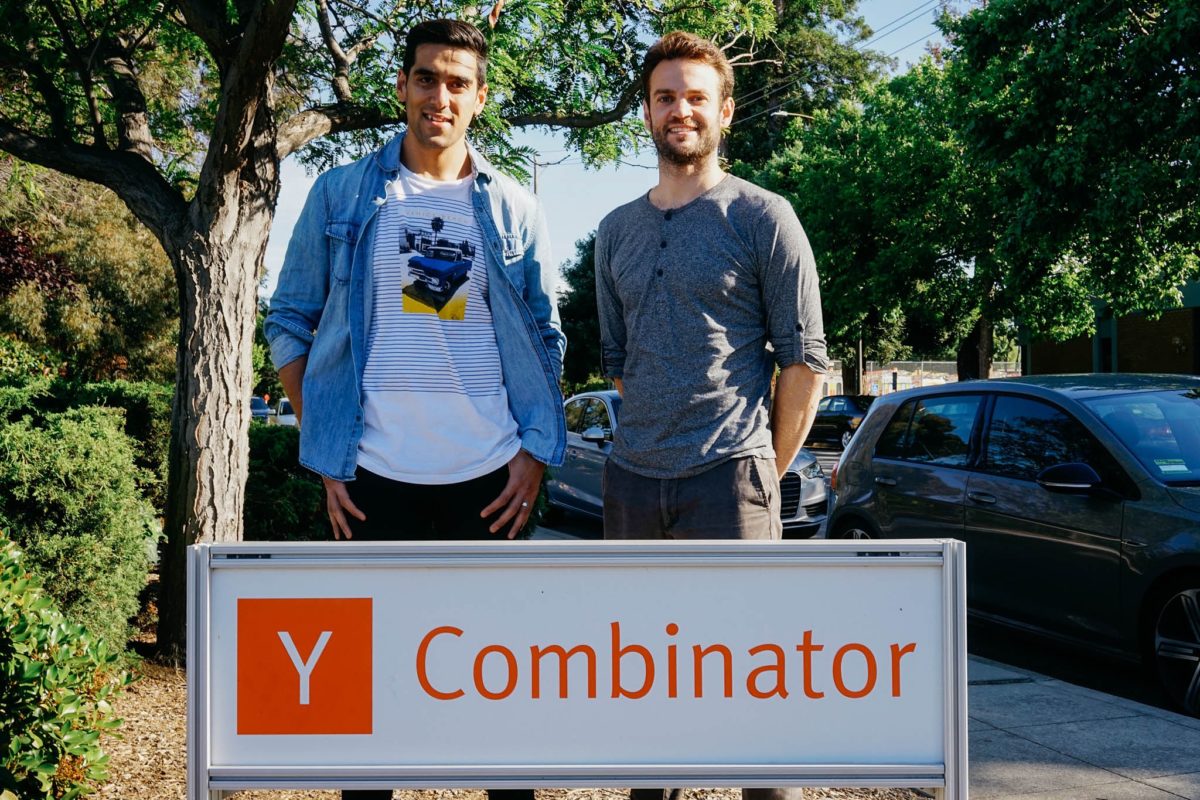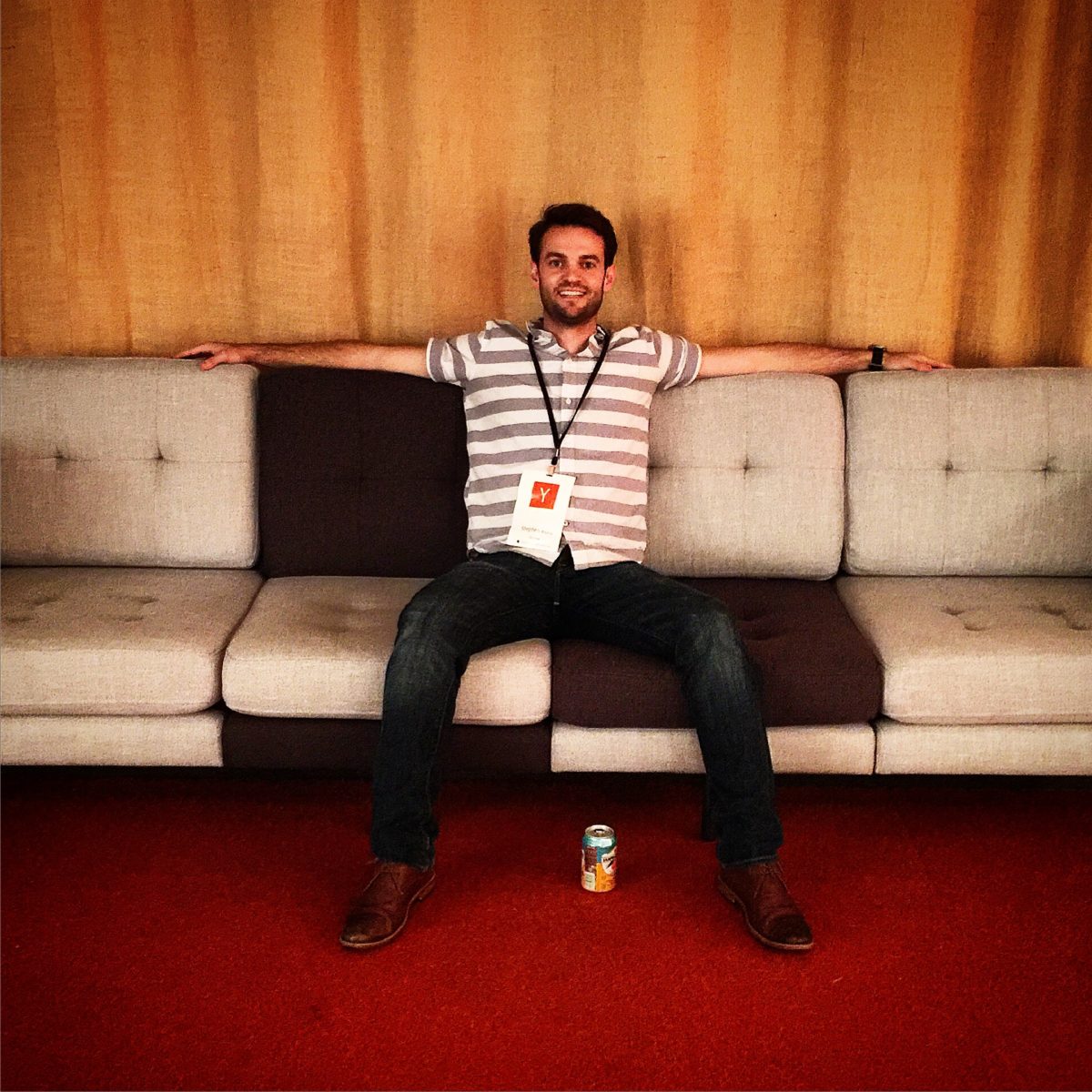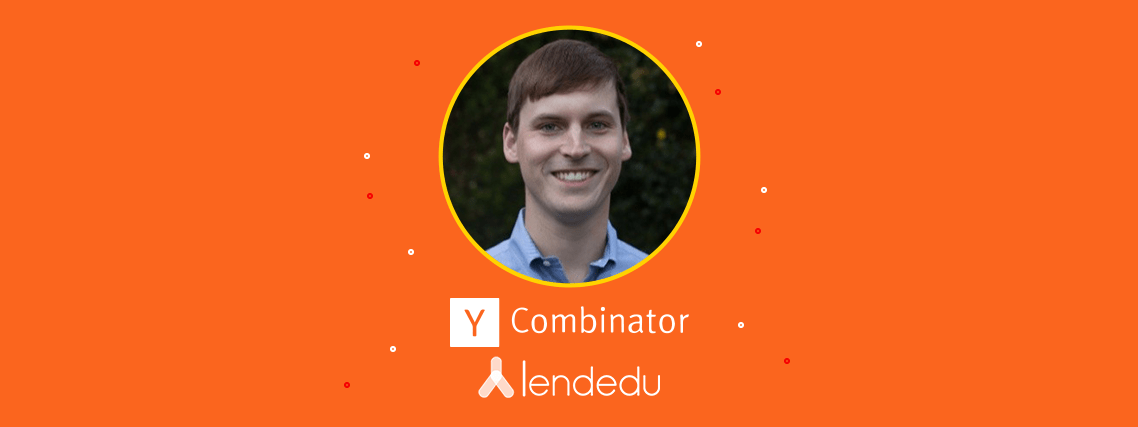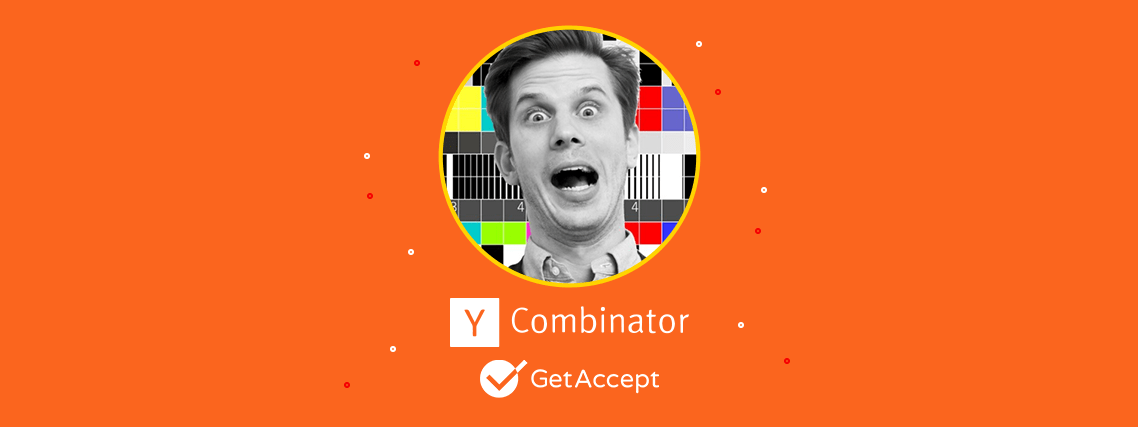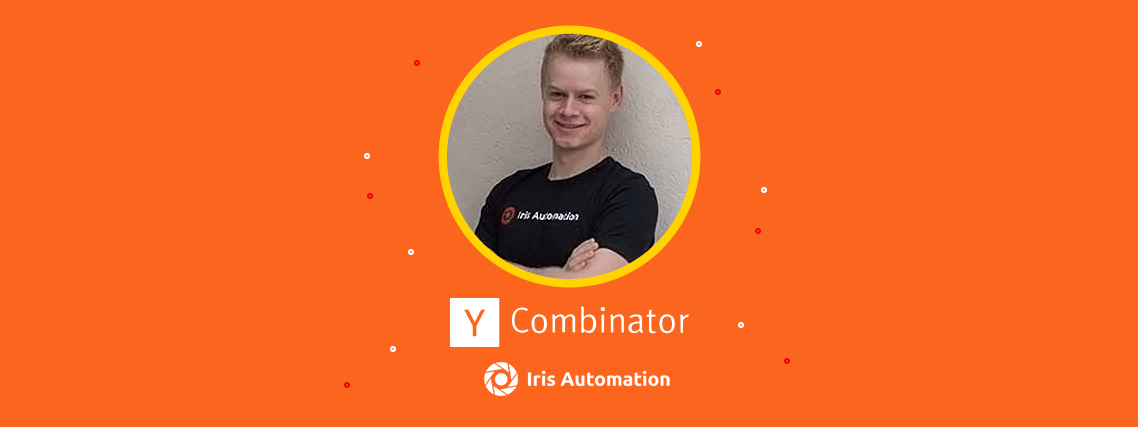The Story of How a Sofa Startup Got Into Y Combinator with Just a Pitch Deck
- 1.From Wolf of Wall Street to a "Made Man" in Silicon Valley
- 2.How LendEDU Raised the Most Valuable Seed Round Imaginable with Y Combinator
- 3.Kyle Killion's story of getting Suiteness into Y Combinator along with tips on how to apply
- 4.Rotem Yakir shares Guggy’s story of evolving from "just another Israeli Startup" to a YC startup
- 5.The True Story of How Orion Willow Got Lendsnap Accepted Into Y Combinator
- 6.Nicky Goulimis shares Nova Credit's Path to Y Combinator Acceptance and Beyond
- 7.Katherine Nammacher Chronicles RideAlong’s Journey Into Y Combinator
- 8.The Story of How a Sofa Startup Got Into Y Combinator with Just a Pitch Deck
- 9.The story of how two college friends joined forces to disrupt an industry with Iris Automation
- 10.How 4 Swedes got their SaaS accepted into Y Combinator while still at $0 MRR
- 11.The story of when 8 x Co-Founders flew from Denmark to San Francisco for Y Combinator
- 12.Ryan Chan the founder of UpKeep shares his Y Combinator Journey
- 13.Pedro Goes of InEvent shares his Y Combinator Journey
- 14.Itay Forer of Cleanly shares his Y Combinator Journey
- 15.How to get into Y Combinator according to the founders that did get in
- 16.What It Was Like Doing Y Combinator a Second Time
Stephen Kuhl is the founder and CEO of Burrow, an eCommerce startup that creates stylish sofas from safe and environmentally-friendly components and delivers directly to the customer thereby removing all retail markups and over 70% of standard shipping costs.
Why did you decide to apply to YC?
It’s very helpful having the Y Combinator badge on your startup.
Y Combinator had a great name-brand and given the fact that we were coming in from New York getting in meant we’d be able to explore investment opportunities from the valley, as well as boost our chances of getting investment from our pre-existing network of investors in New York.
Secondly, the march towards demo day really pushes momentum into the business and brand. Without YC we could have gotten where we did but it would have taken much longer. YC sets you up to report on growth on a weekly basis and forces you to think about how you can grow the business quickly to stay competitive within the batch.
At the end of the day, when demo day comes you want to be one of the companies that have good growth metrics.
Did you have traction when you applied?
No, so we didn’t start selling on until we go after we got into YC.
We literally just had a small investment and mostly an idea with just a team of me and my co-founder and another contractor.
So there is a chance to get in with just a pitch deck?
We saw companies that were quite similar to us and then companies that had +5mn monthly active users.
But being a consumer brand with a physical product was something that made us unique in our batch at the time. Our batch Was heavily focused on AI, biotech those sorts of startups. But I think over the last few years we’ve seen a lot more diversity in investments.
How much time and effort did you put into the application?
We spent a lot of time working on applications for other accelerators. So we had a framework for starting off with a solid pitch deck. That was the basis of our application.
All in all, I think we worked on the entire application within a week, spending about 8 hours each polishing the application, practicing interview questions and getting on phone calls with other Y Combinator alumni for feedback. We didn’t spend an inordinate amount of time and I’d say we’d probably fall somewhere in the median.
We’re definitely not the classic YC company, but if they are looking to diversify their investments, we became one of the more obvious choices just giving the side of the market that we’re trying to address and the unique identification of the problem and how we have a solution towards it.
What were the biggest benefits beyond just the money?
Y Combinator propels you to think about how you can accelerate the growth of your business.
You’re surrounded by so many like-minded people who faced the problems your facing not once but dozens of times before so leveraging the partners to make the right connections and help you make the right decisions is an invaluable benefit.
The speed with which you can get solutions and the speed with which you can grow your businesses is tremendous. It may not feel like that at the moment but looking back you’re like, “oh, wow that was just a 10-week period and we went from a pitch deck to having $250,000 in pre-sales!”
Do you have one final tip for founders thinking of applying?
Y Combinator does look for huge market-sizes and potential billion-dollar businesses, but I think to position how you have an unfair advantage and are uniquely positioned to solve a big problem is often left out of the application.
Putting equal emphasis on your unfair advantage as well as what you’re doing and what doesn’t work is quite important. One of the reasons that we got in was probably because my co-founder and I had a unique and diverse skill set that allowed us to oversee almost all different parts and aspects of the business.
So just saying, how you’re in the best position to solve something can go a long way with the Y Combinator team.
